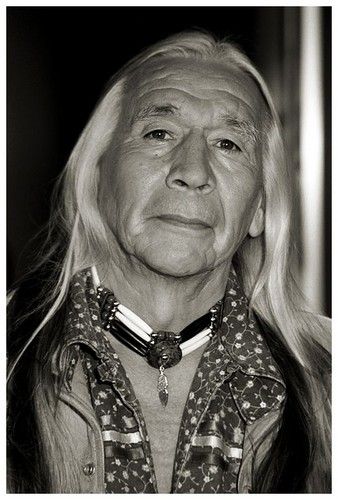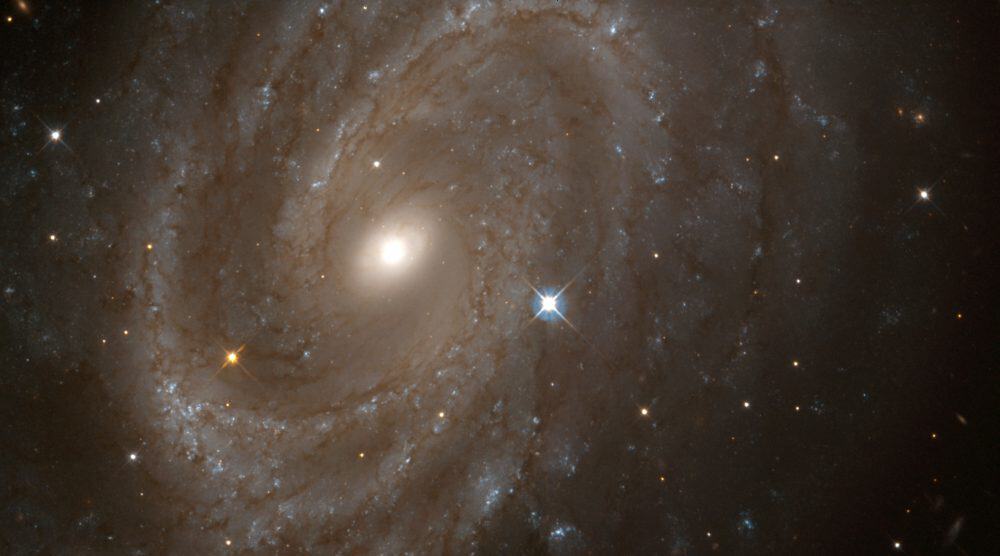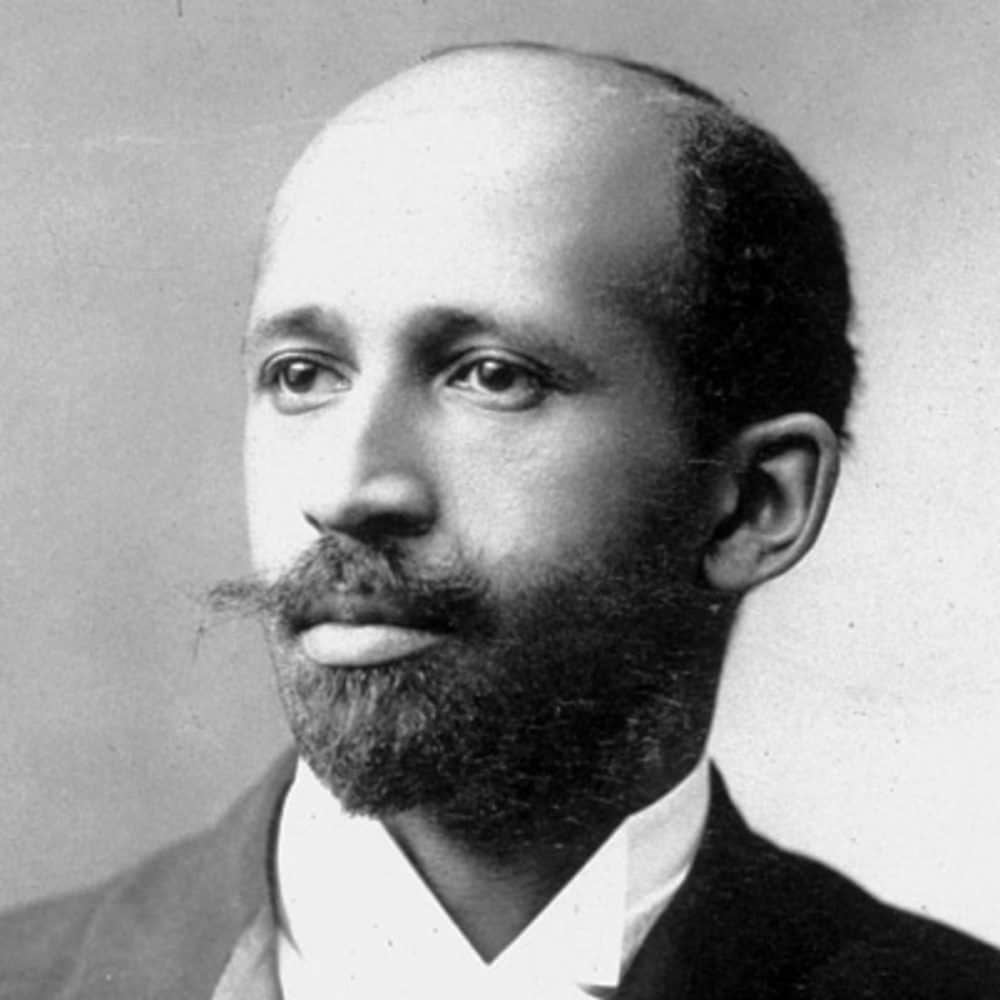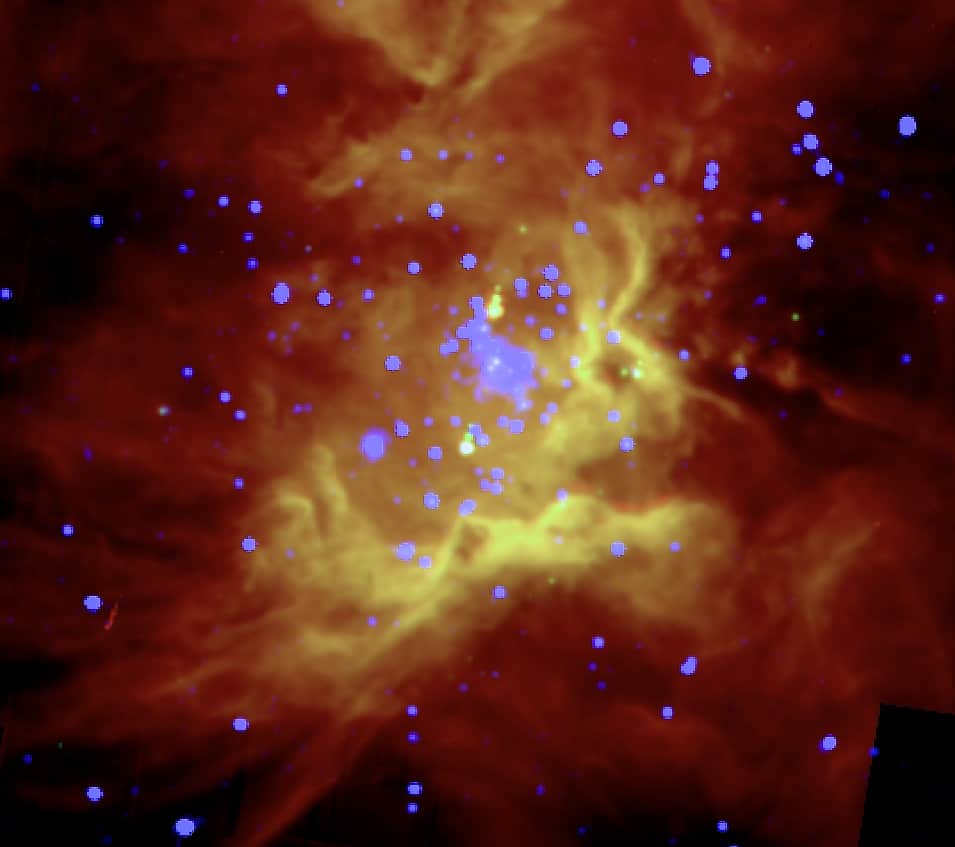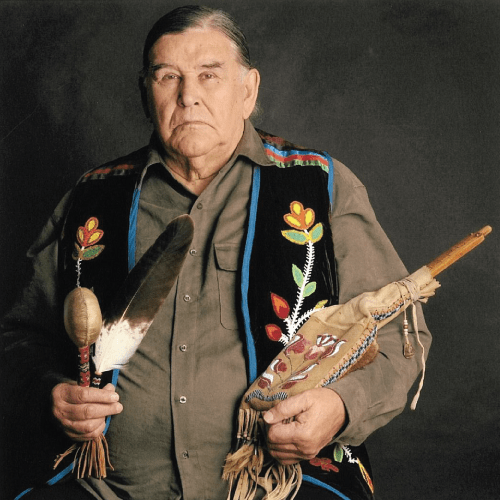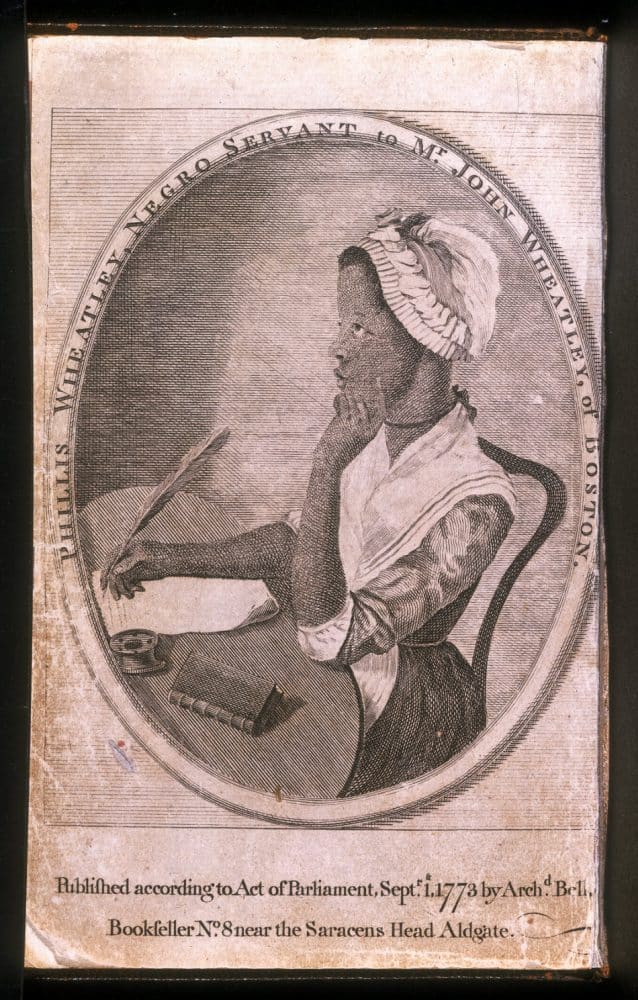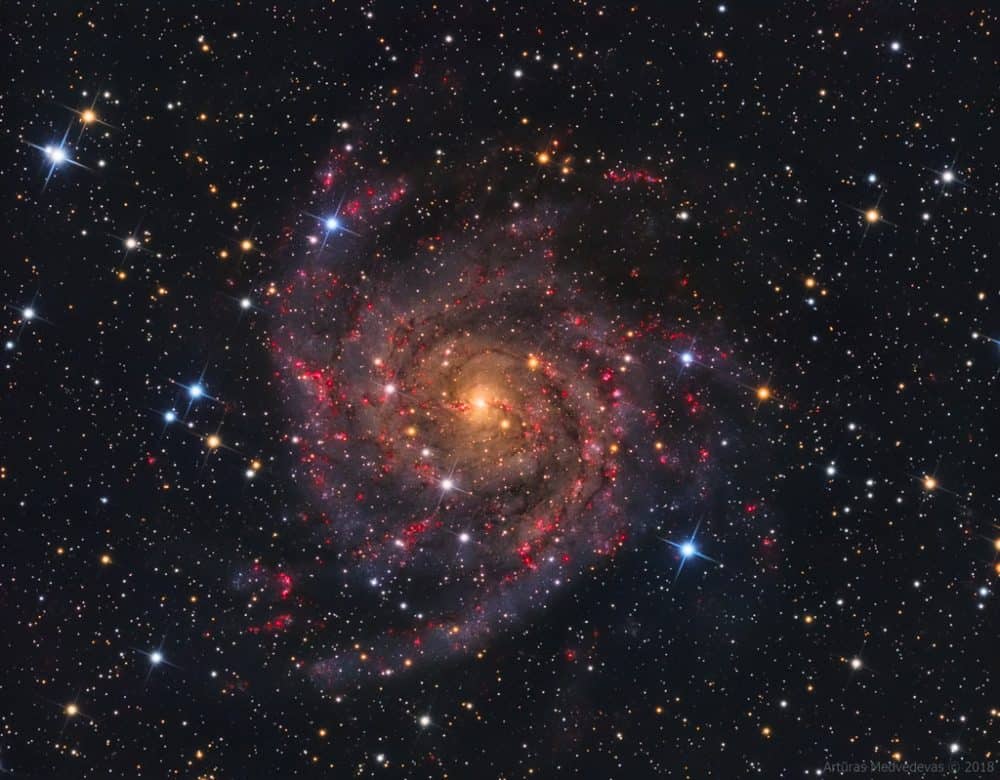Blog
Performing for Mt Zion Shabbat for the Soul service 7pm
more...“There is an ancient Indian saying~ Something lives only as long as the last person who remembers it. My people have come to trust memory over history. Memory, like fire, is radiant & immutable while history serves only those who seek to control it, those who douse the flame of memory in order to put out the dangerous fire of truth. Beware these men for they are dangerous & unwise. Their false history is written in the blood of those who might remember & seek the truth.” – Floyd ‘Red Crow’ Westerman
more...Cepheid variable stars are a special type of pulsing star whose cycles of intensity and dimness indicate their inherent brightness. When astronomers find Cepheid variable stars in galaxies, they compare how bright they truly are with how faint they appear over distance, and thus determine the distance to those galaxies. It’s something like judging the distance to a car on a dark road by gauging the brightness of its headlights.
Before Hubble, astronomers had only been able to narrow the universe’s age down to 10-20 billion years old – not a particularly exact measurement with 10 billion years of leeway.
Hubble performed the definitive study of 31 Cepheid variable stars, helping to determine the current expansion rate and thereby narrow the age of the universe down to the most accurate it’s ever been. Its observations of Cepheid variable stars in galaxies like NGC 4603, combined with measurements by other observatories, eventually pinned the age down to 13.7 billion years old, plus or minus a few hundred million years. Hubble’s observations helped change the age of the universe from a vast range of possibilities to the kind of number whose precision required a decimal point.
more...Robert Broom Jr. (born January 18, 1961) is an American jazz guitarist, composer, and educator. He was born and raised in New York City, then moved to Chicago, which has been his home town since 1984. He performs and records with The Bobby Broom Trio and his organ group, The Bobby Broom Organi-Sation. While versed in the traditional jazz (bebop and post-bop) idioms, Broom draws from a variety of American music forms, such as funk, soul, R&B, and blues.
Broom was born in Harlem (1961) and raised on New York City’s Upper West Side (1970s). Broom began studying the guitar at age 12, taking lessons first in folk music. A year later, he began studies with jazz guitarist Jimmy Carter in Harlem, where he took weekly lessons for the next two years. He attended the High School of Music and Art (Laguardia High School of Performing Arts), where he played in the jazz ensemble and received an award for Outstanding Jazz Improvisation during his senior year. Broom began his career while still in high school, performing at New York clubs with Charlie Parker pianists, Al Haig, and Walter Bishop, Jr.. In 1977 he played at Carnegie Hall in a concert with Sonny Rollins and Donald Byrd.
more...Steve Grossman (born January 18, 1951 in New York City) is an American jazz fusion and hard bop saxophonist.
Grossman was Wayne Shorter‘s replacement in Miles Davis‘ jazz-fusion band. Then, from 1971 to 1973, he was in Elvin Jones‘s band.
In the late 1970s, he was part of the Stone Alliance trio with Don Alias and Gene Perla. The group released four albums during this period, including one featuring Brazilian trumpeter Márcio Montarroyos. The albums also feature an array of other musicians. They went on to release three live reunion albums during the 2000s
more...Al Foster (born January 18, 1944) is an American jazz drummer. Foster played with Miles Davis during the 1970s and was one of the few people to have contact with Davis during his retirement from 1975–1981. Foster also played on Davis’s 1981 comeback album The Man with the Horn. He was the only musician to play in Davis’s band both before and after his retirement. He has toured extensively with Herbie Hancock, Sonny Rollins, and Joe Henderson.
Foster was born in Richmond, Virginia, and grew up in New York. He began playing drums at the age of 13 and made his recording debut on Blue Mitchell‘s The Thing to Do at age 20.
He joined Miles Davis‘s group when Jack DeJohnette left in 1972, and played with Davis until 1985. In his 1989 autobiography, Davis described the first time he heard Foster play live in 1972 at the Cellar Club in Manhattan: “He [Foster] knocked me out because he had such a groove and he would just lay it right in there. That was the kind of thing I was looking for. Al could set it up for everybody else to play-off and just keep the groove going forever.”
Foster began composing in the 1970s, and has toured with his own band, including musicians such as bassist Doug Weiss, saxophonist Dayna Stephens, and pianist Adam Birnbaum.
https://www.youtube.com/watch?v=Xu7cnU2tQQw
more...World Music on Flamenco Fridays with Canut Reyes featuring the flamenco rumba.
Rumba flamenca, also known as flamenco rumba or simply rumba (Spanish pronunciation: [ˈrumba]), is a palo (style) of flamenco music developed in Andalusia, Spain. It is known as one of the cantes de ida y vuelta (roundtrip songs), music which diverged in the new world, then returned to Spain in a new form. The genre originated in the 19th century in Andalusia, southern Spain, where Cuban music first reached the country.
Rumba flamenca was primarily influenced by guaracha, an uptempo style of vocal music which originated in Havana‘s musical theatre. Some elements from Cuban rumba were also incorporated, although minor, despite the name.Although unlikely, both guaracha and Cuban rumba might have been influenced by flamenco earlier in the 19th century. Guarachas can be traced back to the Spanish jácaras, thus justifying the classification of rumba flamenca as a cante de ida y vuelta.
more...
RCW 36 (also designated Gum 20) is an emission nebula containing an open cluster in the constellation Vela. This H II region is part of a larger-scale star-forming complex known as the Vela Molecular Ridge (VMR), a collection of molecular clouds in the Milky Way that contain multiple sites of ongoing star-formation activity. The VMR is made up of several distinct clouds, and RCW 36 is embedded in the VMR Cloud C.
RCW 36 is one of the sites of massive-star formation closest to our Solar System, whose distance of approximately 700 parsecs (2300 light-years). The most massive stars in the star cluster are two stars with late-O or early-B spectral types, but the cluster also contains hundreds of lower-mass stars. This region is also home to objects with Herbig–Haro jets, HH 1042 and HH 1043.
more...Cyrus Chestnut (born January 17, 1963) is an American jazz pianist, composer and producer. In 2006, Josh Tyrangiel, music critic for Time, wrote: “What makes Chestnut the best jazz pianist of his generation is a willingness to abandon notes and play space.” Chestnut enjoys mixing styles and resists being typecast in any one niche, though his gospel sound is apparent on a number of his recordings.
Cyrus Chestnut was born in Baltimore, Maryland, in 1963, son of McDonald (a retired post-office employee and church pianist) and Flossie (a city social services worker and church choir director). Chestnut started learning piano at the age of seven, and in his boyhood played at Mount Calvary Baptist Church. By the age of nine, he was studying classical music at the Peabody Institute.In 1985, Chestnut earned a degree in jazz composition and arranging from Boston’s Berklee College of Music. While at Berklee, Chestnut was awarded the Eubie Blake Fellowship (1982), the Quincy Jones Scholarship (1983), and the Oscar Peterson Scholarship (1984).
Chestnut toured as pianist for Jon Hendricks, 1986–88; Terrence Blanchard, 1988–90; Donald Harrison, 1988–90; Wynton Marsalis, 1991; and the Betty Carter Trio, 1991–93. His association with Carter significantly affected his outlook and approach to music, confirming his already iconoclastic instincts. Carter advised him to “take chances” and “play things I’ve never heard,” Chestnut said.
In 1993, at the age of 30, Chestnut signed with Atlantic Records, releasing the critically acclaimed Revelation (1993), followed by The Dark Before The Dawn (1994) (the album debuted in the sixth spot on the Billboard Jazz Charts), Earth Stories (1995) and then Cyrus Chestnut (1998). Chestnut has also performed and/or recorded with, Freddy Cole, Bette Midler, Jon Hendricks, Freddie Hubbard, Jimmy Scott, Chick Corea, Isaac Hayes, Kevin Mahogany, Dizzy Gillespie, and opera diva Kathleen Battle, most notably on the Sony Classical recording “So Many Stars”. Their shared church roots resulted in such a positive chemistry between Battle and Chestnut that he then joined the soprano on a fall 1996 U.S. Tour.
more...Billy Harper (born January 17, 1943) is an American jazz saxophonist, “one of a generation of Coltrane-influenced tenor saxophonists” with a distinctively stern, hard-as-nails sound on his instrument.
Harper has played with some of jazz’s greatest drummers; he served with Art Blakey‘s Messengers for two years (1968–70); he played very briefly with Elvin Jones (1970), he played with the Thad Jones/ Mel Lewis Orchestra in the 1970s, and was a member of Max Roach‘s band in the late 1970s. In 1979 Harper formed his own group, touring with it and documenting its music on the recording, “Billy Harper Quintet in Europe“, and he was featured as a soloist on a 1983 recording, “Such Good Friends,” with virtuoso, visionary pianist and record producer Stanley Cowell. After a period of relative inactivity in the 1980s, Harper came back strong with another international tour, which ended with perhaps his most ambitious recording: the 3-volume “Live on Tour in the Far East” (1991). In the new millennium Harper’s recording activity has been subdued and sporadic, though recently he has appeared as a regular member of pianist-jazz historian Randy Weston‘s ensembles. In 2013 they recorded their first album as a duo, entitled The Roots of the Blues.
https://www.youtube.com/watch?v=jBFqymr-NoM
more...Cedar Anthony Walton, Jr. (January 17, 1934 – August 19, 2013) was an American hard bop jazz pianist. He came to prominence as a member of drummer Art Blakey‘s band before establishing a long career as a bandleader and composer. Several of his compositions have become jazz standards, including “Mosaic”, “Bolivia”, “Holy Land”, “Mode for Joe” and “Fantasy in D”.
Walton was born and grew up in Dallas, Texas. His mother Ruth was an aspiring concert pianist, and was Walton’s initial teacher.She also took him to jazz performances around Dallas. Walton cited Nat King Cole, Bud Powell, Thelonious Monk and Art Tatum as his major influences on piano. He began emulating recordings of these artists from an early age.
After briefly attending Dillard University in New Orleans, he went to the University of Denver as a composition major originally, but was encouraged to switch to a music education program targeted to set up a career in the local public school system. This switch later proved extremely useful since Walton learned to play and arrange for various instruments, a talent he would hone with Art Blakey’s Jazz Messengers.
Walton was tempted by the promise of New York City through his associations with John Coltrane, Charlie Parker, and Richie Powell, whom he met at various after-hours sessions around the city of Denver, Colorado. In 1955, he decided to leave school and drove with a friend to New York City. He quickly got recognition from Johnny Garry, who ran Birdland at that time.
Walton was drafted into the U.S. Army, and stationed in Germany, cutting short his rising status in the after-hours scene. While in the Army, he played with musicians Leo Wright, Don Ellis, and Eddie Harris. Upon his discharge after two years, Walton picked up where he left off, playing as a sideman with Kenny Dorham (on whose 1958 album This Is the Moment! Walton made his recording debut), J. J. Johnson, and with Gigi Gryce.[6] Joining the Jazztet, led by Benny Golson and Art Farmer, Walton played with this group from 1958 to 1961. In April 1959, he recorded an alternate take of “Giant Steps” with John Coltrane, though he did not solo.
more...Tuareg songwriter and musician based in Agadez, Niger
more...“In every human Breast, God has implanted a Principle, which we call Love of Freedom; it is impatient of Oppression, and pants for Deliverance.”
more...Similar in size to large, bright spiral galaxies in our neighborhood, IC 342 is a mere 10 million light-years distant in the long-necked, northern constellation Camelopardalis. A sprawling island universe, IC 342 would otherwise be a prominent galaxy in our night sky, but it is hidden from clear view and only glimpsed through the veil of stars, gas and dust clouds along the plane of our own Milky Way galaxy. Even though IC 342’s light is dimmed and reddened by intervening cosmic clouds, this sharp telescopic image traces the galaxy’s own obscuring dust, young star clusters, and glowing pink star forming regions along spiral arms that wind far from the galaxy’s core. IC 342 may have undergone a recent burst of star formation activity and is close enough to have gravitationally influenced the evolution of the local group of galaxies and the Milky Way.
more...Helen Folasade Adu, CBE (Yoruba: Fọláṣadé Adú [fɔ̄láʃādé ādú]; born 16 January 1959), known professionally as Sade Adu or simply Sade (/ʃɑːˈdeɪ/ shah-DAY), is a British Nigerian singer, songwriter, and actress.
Born in Ibadan, Nigeria and brought up in Essex, England, Sade gained modest recognition as a fashion designer and part-time model, prior to joining the band Pride in the early 1980s. After gaining attention as a performer, she formed the band Sade, and secured a recording contract with Epic Records in 1983. The band then released the album Diamond Life a year later, which became one of the best selling albums of the era, and the best-selling debut ever by a British female vocalist. It also gained widespread critical acclaim and is largely considered one of the best albums of all-time.
Soon after, they released Promise (1985), which was also a resounding critical and commercial success, topping the UK Albums Chart and becoming the band’s first album to debut atop the Billboard 200. It later earned quadruple platinum certification in the U.S., and reached platinum across Europe. It also earned the group the Grammy Award for Best New Artist in 1986. Their following two releases, 1988’s Stronger Than Pride and 1992’s Love Deluxe, were also critically and commercially successful; however, the band would go on hiatus after the birth of Sade’s child, the singer would experience widespread media coverage during the period for unsubstantiated claims of mental health and addiction issues.
After a spell of eight years without an album, which came after Sade appeared in the film Absolute Beginners (1986), the band reunited in 1999, and released Lovers Rock in 2000. The album departed from the jazz-inspired inflections of their previous work, featuring more mellow sounds and pop compositions, and was critically praised, earning the group the Grammy Award for Best Pop Vocal Album. The band would then undergo another term of hiatus, not producing music for another ten years until the release of Soldier of Love. The album was another commercial success, although critical reception remained divided, but won the group the Grammy Award for Best R&B Performance by a Duo or Group with Vocals. Following the album’s release, the band entered a third period of hiatus, and have only released one new song (2018’s “Flower of the Universe” for the soundtrack of Disney’s A Wrinkle in Time) to date.
Sade is widely considered a musical influence, and her contributions to music have made her a global figure in popular culture for over two decades. She has been credited as one of the most successful British female artists in history, and her work is listed among the finest in modern jazz history. Her services to music were also commemorated after being awarded the Officer of the Order of the British Empire chivalry honour in 2002.
more...Aldo Romano (born 16 January 1941 in Belluno, Italy) is a jazz drummer. He also founded a rock group in 1971.
More Posts
- Harold Land
- Eddie Cleanhead Vinson
- Flamenco Fridays with Sabicas y Manolo Duran
- Daily Roots with Rockers and King Tubby
- Surviving the Pandemic and Realizing Racial Justice
- The Cosmos with Westerlund 2
- Paul Butterfield
- James Booker
- Art Neville
- World Music with Mónika Lakatos
- Daily Roots with Scientist
- Surviving the Pandemic and Realizing Racial Justice
- The Cosmos with 1E 0657-558
- Robben Ford
- John Abercrombie
- Joe Farrell
- Johnny Hammond Smith
- Ludwig van Beethoven
- World Music with Daby Touré
- Daily Roots with Keith Hudson
